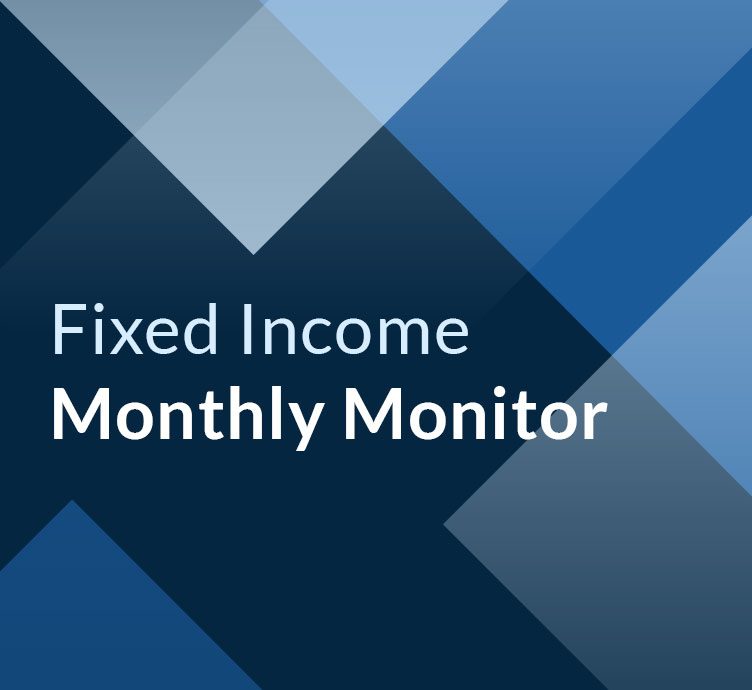Fixed Income Monthly Monitor – May 2023
Market Update
The FTSE Canada Universe Bond Index gained 0.98% on the month and although the changes in month-end yield levels were modest, it masks lingering volatility from the US and European banking sector worries in March. Government of Canada 5-year yields declined by 4 bps while trading in a 45 bps range for the month.
US regional bank concerns flared up, after a period of relative calm, as First Republic Bank became the next to fall victim to deposit flights. They were eventually bought by JPMorgan. This led to a short-lived flight-to-quality bid as many believe systematic risk is low and balance sheet liquidity issues are confined to the regional banking sector. However, further regional bank failures would be no surprise at this point.
The Bank of Canada held steady, as widely expected. Employment in Canada continues to be strong, but wage gains are not as robust as previous readings. Additionally, retails came in weaker than expected and there may be some signs emerging that the Canadian consumer is feeling the weight of higher rates.
Markets are likely to remain volatile as each data release is heavily scrutinized and investors seek confirmation, or dissuasion, on their market and economic views. Data misses, on either side, have resulted in large daily swings only to reversed in short order. This should be a reoccurring theme for 2023.
Credit in Focus
Corporate bonds rebounded as banking worries calmed and focus shifted back to fundamentals. Corporate spreads narrowed across all sector with Financials performing well following elevated concerns in the prior month. On average, spreads were 11 bps tighter across the aggregate corporate composite on the month.
Provincials were the best performers within the government cohort, however they trailed behind corporates. Spread movements in the short- and mid-term sectors was muted, while long term tenors tightened modestly led by Alberta and Quebec. The overall improvement in risk-tone helped to stabilize the market. Of note, British Columbia was the only province where spreads widened on the back of a credit rating downgrade to A+ (negative outlook) from S&P. This is a result of the province’s persistent deficit and bump-up in borrowing.
[…]

